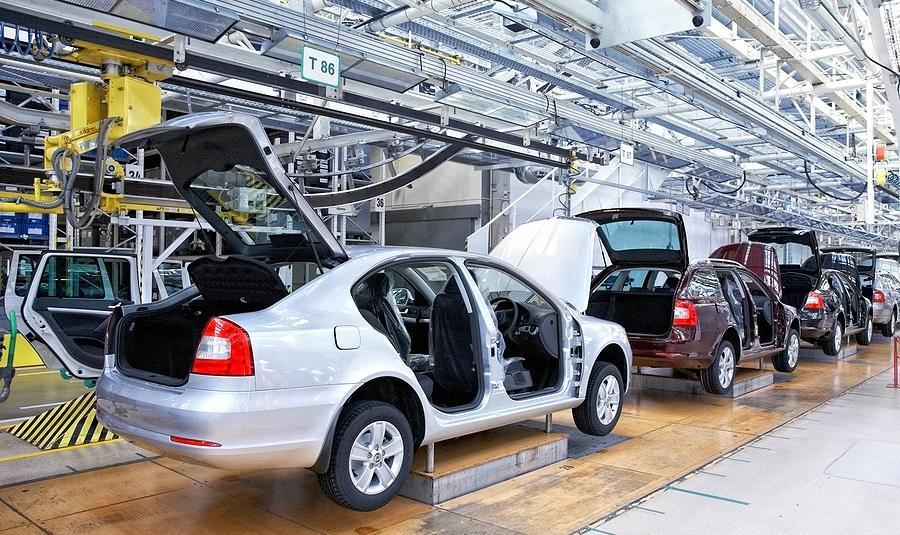Analysis

June 2, 2021
More Automakers Get Back to Normal(ish) in Wake of Chip Shortage
Written by Michael Cowden
Several automakers are resuming normal production – or levels closer to normal – even as others continue to grapple with the global microchip shortage.
Case in point: Toyota has restarted production at its North American assembly plants.
![]() “We’ve resumed normal operations at all plants, but we are still experiencing periodic challenges,” a company spokeswoman told SMU.
“We’ve resumed normal operations at all plants, but we are still experiencing periodic challenges,” a company spokeswoman told SMU.
That’s a change from last month, when the Japanese automaker, one of the largest in the world, said that the chip shortage was impacting plants in Kentucky, Alabama and West Virginia as well as operations in Canada.
Still, the spokeswoman stressed that Toyota was not yet out of the woods as far as the global chip shortage goes, noting that the semiconductor situation remains “fluid and complex.”
Detroit-based General Motors, the largest automaker in the U.S., has also restarted some North American assembly plants sooner than some industry participants had expected.
And it’s not just big automakers that have resumed normal operations. Japanese automaker Subaru, which operates a single U.S. facility in Lafayette, Ind., has maintained production since restarting on May 3, a company spokesman said.
Subaru will, however, take its usual two-week summer shutdown the weeks of June 28 and July 5, he said.
Automakers ramping up production has the potential to stretch already tight steel supply chains, which have been characterized by record high prices and long lead times for almost all of 2021. But while some automakers appear to have the chip situation under control, or at least under better control, others continue to struggle with the issue.
Transatlantic automaker Stellantis (formerly Chrysler), for example, has scheduled downtime because of the chip shortage at the following plants in June, a company spokeswoman said.
• Belvidere (Ill.): Down the weeks of June 7 and 14
• Windsor (Ontario): Down the weeks of June 7 and 14
• Toluca (Mexico): Down the weeks of June 7 and 14
And Nissan will run some lines at a reduced schedule for the same reason.
The Japanese automaker will run its assembly plant in Smyrna, Tenn., at a regular production schedule (five days per week, eight hours per day) in June, a Nissan spokeswoman said.
But its Canton, Miss., assembly plant will run one line – which makes the Titan and Frontier pickup trucks – at a reduced schedule (four days per week, eight hours per day).
A second line, which makes the Altima car, will run the first week of June, but will then be idled the weeks of June 7, June 14 and June 21.
A third line, which makes the NV van, will not be impacted by the chip shortage, she said.
By Michael Cowden, Michael@SteelMarketUpdate.com






